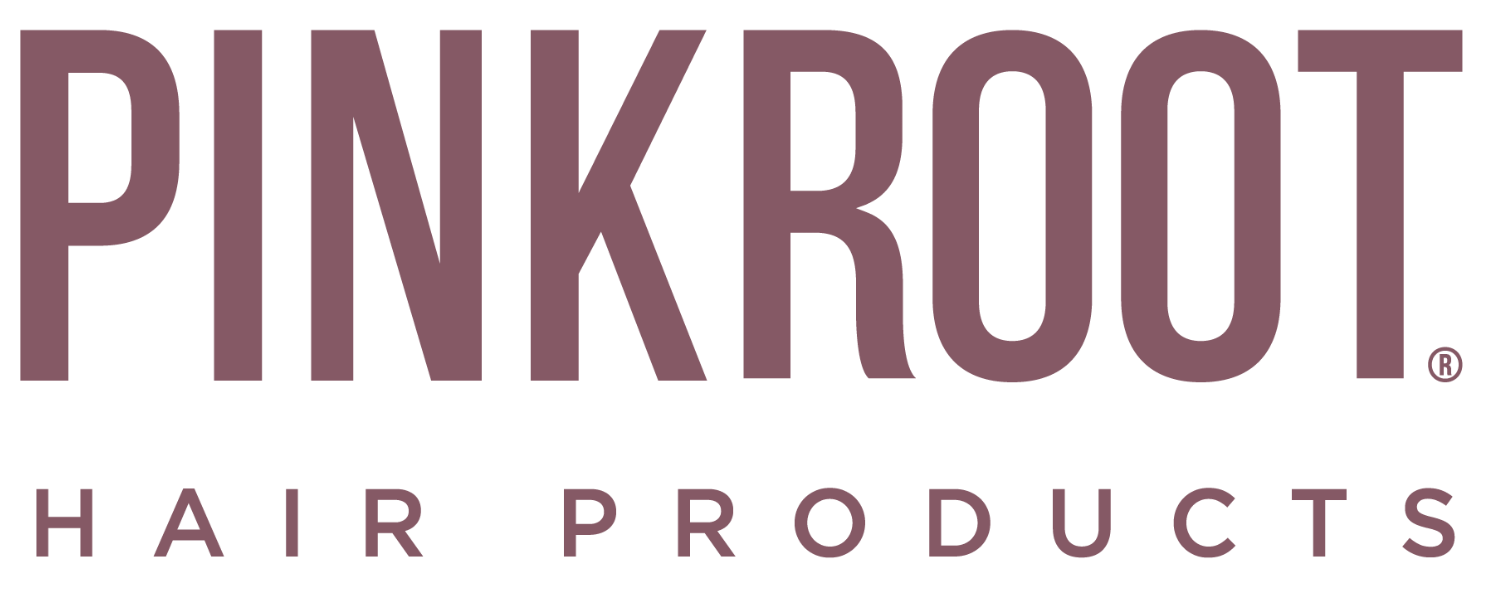Hispanic Heritage month was started in the United States to recognize and celebrate the history and contributions of individuals of Latin and Hispanic heritage and is celebrated from September 15th to October 15th. Over the years the stereotype of what a member of the Latinx community should look like has sparked many conversations as there has been a lot of misleading information about this demographic group. The media has played a huge role in the typical portrayal of what Latinas in particular should look like and it is usually always the same rhetoric; an olive-skinned, 2A hair, J-Lo body having and Sofia Vergara accent bearing clone.
With such a complex history that is still overcoming its strife with colonization, colorism, texturism, and classism, it's no wonder why much of the world believes that this community all comes in one flavor. For this months blog, we sit down and speak with three Latinas to discuss their cultural experiences of overcoming the "Pelo Malo" mindset, reclaiming their self identity, connecting to their Afro-Latinx roots, and embracing their natural texture in a society who shunned it.
Consy

We are living in a world where Afro-Latina’s are encouraged to embrace their natural texture. How did you overcome the ‘Pelo Malo Mindset’ as a youngster?
As a youngster I honestly didn’t overcome it but fell deeply into it. I began chemically straightening my hair before I started middle school, and I continued to do so until right before I graduated college. Growing up, everyone around me straightened their hair - this was the “norm” for me. I remember as I got older people would sometimes ask why I didn’t wear my natural hair and I would simply state “it wasn’t my style” when I didn’t know what my style was. I was just trying to fit in and not be judged for having “pelo malo”.
Most definitely. I think a lot of men and women are opening their eyes to the fact that most of us only disliked our natural hair because we were always told by someone else/society that it was "bad" or ugly, not professional, etc. With the rise of the natural hair movement has come so much empowerment and people are now able to rewrite beauty standards!
My journey to embracing my natural hair has been a long one. Before I stopped chemically straightening my hair, I had convinced myself that I didn't like my curly hair, as I got older, I realized that I didn't even know what it looked like. When I found my natural hair pattern, I also found myself! In accepting my natural hair, I also learned to accept other parts of myself. The more I accepted, the more I wanted to learn! "What else have I been lied to about? What other areas of my life and culture have been "colonized"? and how can I better connect with my culture/history?" - and so on.
Isa Hunter

Growing up what was your relationship with your hair?
Growing up, I had a hard time accepting my hair for what it was. I was raised in a very biased area and having big hair was always a “bad thing”. Due to forced haircuts because my hair was not able to be taken care of, I grew up learning that my curls were bad and that I would never be able to have long hair that I desired. I straightened my hair quite a bit as that was always encouraged but eventually in my teen years, I decided to start teaching myself how to care for my hair via the internet to gain some self-confidence and with enough practice and self-acceptance along the way I’ve been able to learn to fully love my curls just the way they are AND attain the length I’ve always wanted through proper care and patience. With so many kind women online encouraging others to accept their natural hair it was easy for me to transition, and I really felt that I was not alone.
Jenay Wright: #IamEnough

Describe the relationship with your hair and your identity
My coils, my thick and coarse hair for the longest have been associated to “bad hair” or call it “pelo malo.” It was never seen as beautiful as what they call pelo bueno. I was always overcharged at the Dominican Salon for the length and how “unmanageable “it was in the eyes of the salon owners. I spent most of my Saturday while kids were outside in the park, getting box braids sitting in the chair for 6 or 7 hours. I will say I watched some of the best African movies, maybe even more than I watched Disney channel. I never had the opportunity to build a healthy relationship with my hair.
Growing up Afro-Latina everyone I seen had different textures of hair. I always seen curly girls and loved their hair, I dreamt of having soft curls because this is what to me was stunning. I also realized after making so many new friends who had curly hair, they also struggled with loving their hair because they were made fun of because it wasn’t straight enough. I realized everyone has their own flaws and imperfections but it’s up to that person to spend time loving their selves more each day.
There should be no texture hierarchy and no scale of what’s good and bad hair. We need to change the narrative and perceptions that has been going on for generations and generations of self-hate of our hair, especially my Black women. I am challenging myself to spend more time with my hair and teach myself how to love it again. I deserve that and my hair deserves that love back. My hair is beautiful enough, my hair is good enough and if you think my hair is “Pelo Malo” maybe you need to go love your hair.

